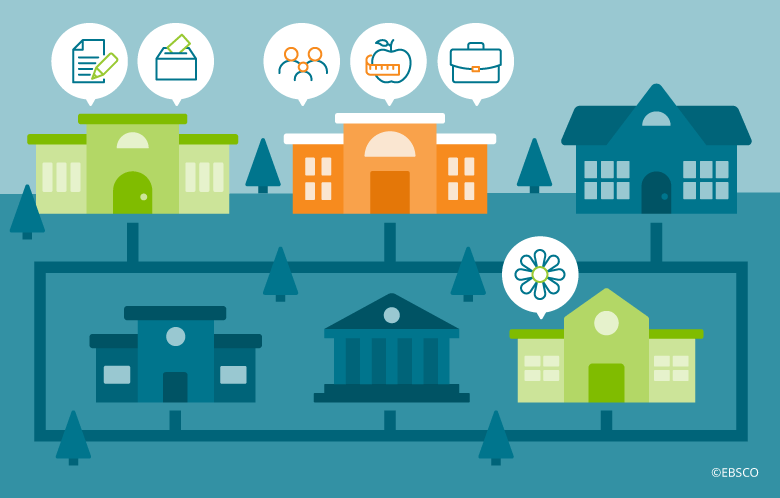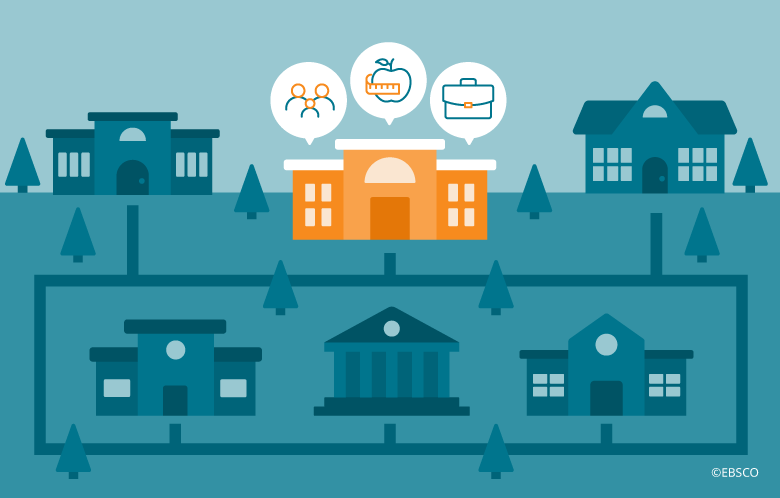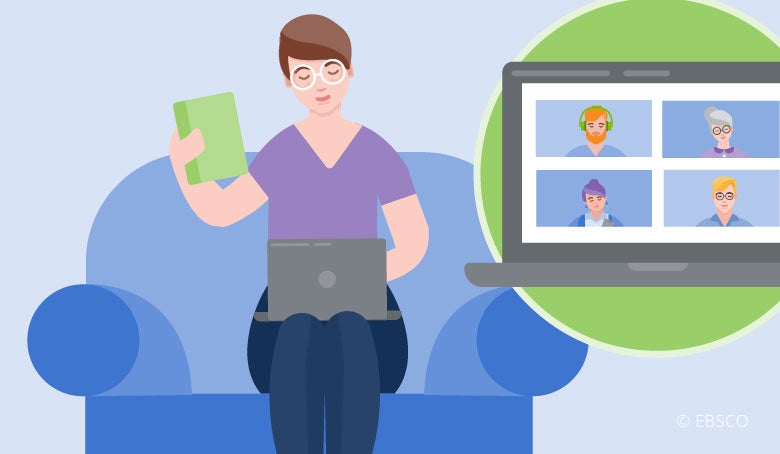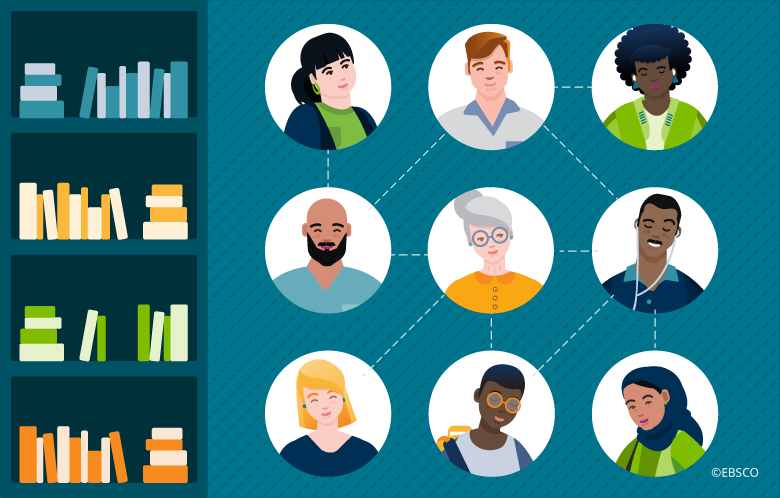In 2015, Omaha Public Library (OPL) introduced a subject librarian beta team to address information needs related to health and wellness, business, seniors and genealogy/local history. In the second year of the beta program, I designated a new subject librarian to assist patrons experiencing homelessness and poverty. After receiving positive feedback from staff, we forged ahead to expand the team to include all adult services librarians.
Since we had a total of 10 adult services librarians, we would need a total of 10 subjects. To identify the remaining subjects, we surveyed staff across the system for the types of reference questions they received. From that survey, we discovered a lot of consumer literacy help requests relating to health, law and finance. In addition, we noted that our strategic plan focused on community engagement.
After we gathered our data, we established our 10 subjects.
- The beta team of subject librarians carried over for the following subjects:
- Genealogy & Local History
- Seniors
- Business
- Homelessness & Poverty
- Health & Wellness rolled into Consumer Literacy, which became the umbrella subject addressing needs relating to health, law and finance.
- Urban Gardening sprouted up from OPL’s existing Common Soil Seed Library. OPL had a librarian working as the programming coordinator and general liaison for the Common Soil Seed Library, and she continued in that role.
- Technology addressed the digital divide and looked at future technology trends.
- Diversity & Inclusion emerged from OPL’s desire to support the efforts of local organizations working to address socioeconomic and racial inequities and make Omaha a more inclusive city.
- Civic Engagement intended, now more than ever, to empower citizens to be active members of their community by connecting them to resources, such as voter registration information.
- Readers & Writers embraced books as the library’s bread and butter. This subject librarian works to create a community of readers and writers by connecting people to book talks, book clubs, author and literary events, and supporting writers by connecting them to resources and writing groups.
In addition to determining which subject areas would best meet the needs of OPL's patrons, we formally defined our concept of a subject librarian.
A subject librarian has expert knowledge in a specific area. The subject librarian supports OPL’s strategic plan by reaching niche interests, individuals and groups within the community. Subject librarians will look at programming, outreach, community engagement and collection on a system-wide level.
In April 2017, OPL officially launched the subject librarian team. For the better part of that first year, I tasked adult services librarians to gather input for their subject area, figure out programming via a system-wide lens, connect with other departments, look for professional development opportunities and, lastly, start developing and curating content for OPL’s intranet. As their manager, I established expectations along the way to help guide growth.
One of the highlights from that first year was that OPL’s Readers & Writers librarian wanted to create a dedicated readers' services team, which required training. OPL engaged Becky Spratford, Readers Advisory (RA) trainer, who runs the critically acclaimed RA training blog, RA for All. Becky’s training was a game-changer. Before her visit, the team had not exercised its RA skills and knowledge. After digging into and becoming familiar with RA resources, such as EBSCO’s NoveList® Plus product, team members started to talk about books internally. This culture shift helped the team to discuss and promote books more comfortably with patrons and prepared us for OPL’s eventual shift away from community engagement toward a new set of service priorities that connect patrons to our collections by actively engaging our community of readers.
OPL’s subject librarian model offers both external and internal benefits. First, it allows us to be more deliberate in our system-wide programming, outreach and community engagement efforts. In addition, our subject librarians serve as internal subject matter experts to whom staff members can refer their questions, reference inquiries and outreach opportunities.
In Part Three, the final article in this series, I will share how the subject librarian model operates now and where we are headed as we continue to develop as a team.



